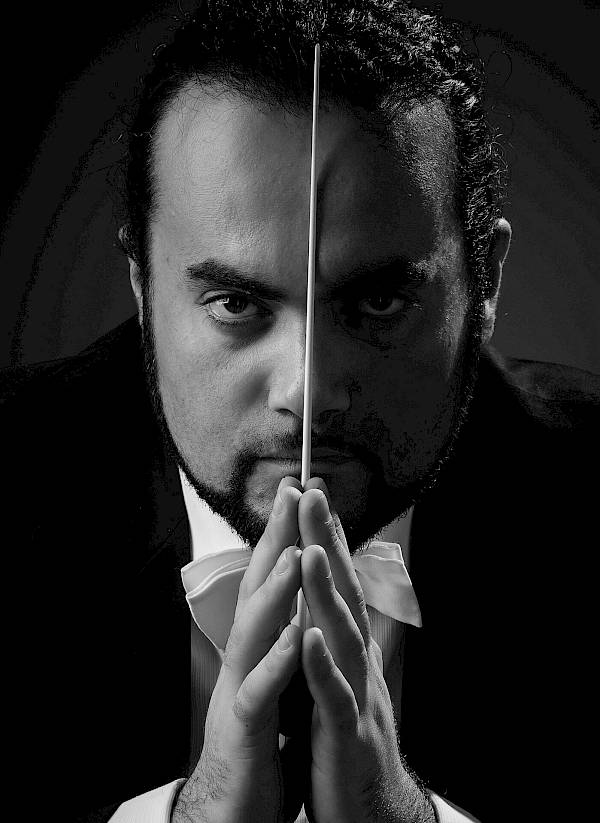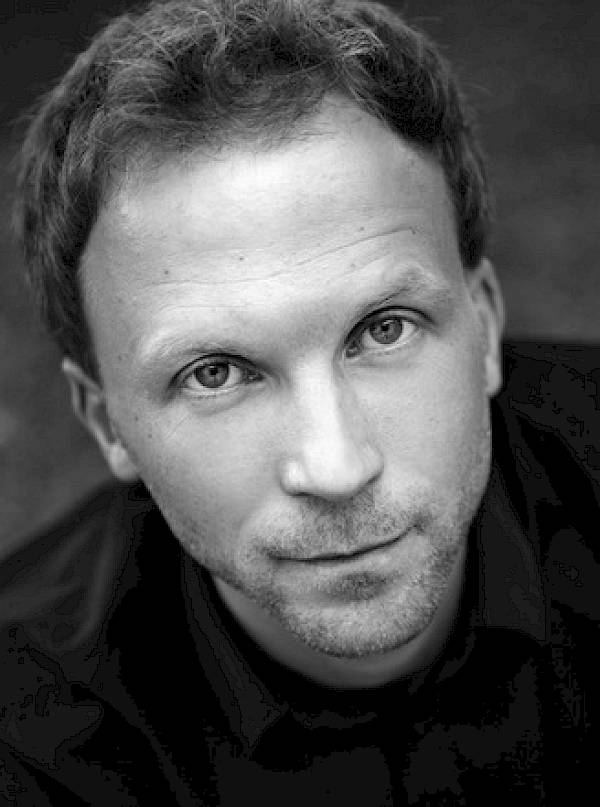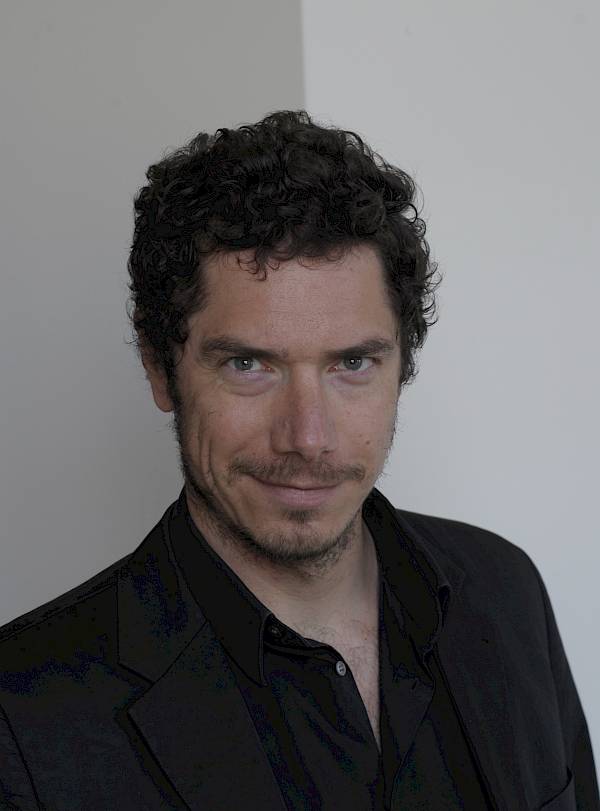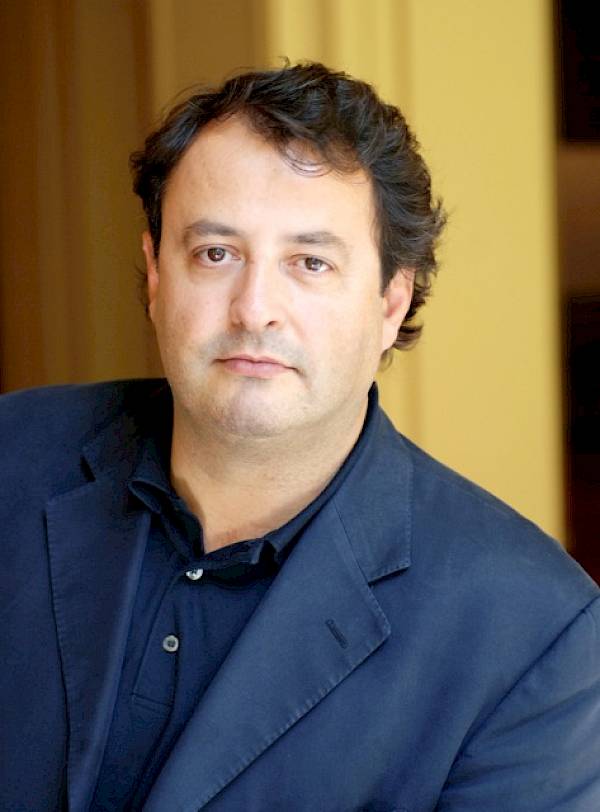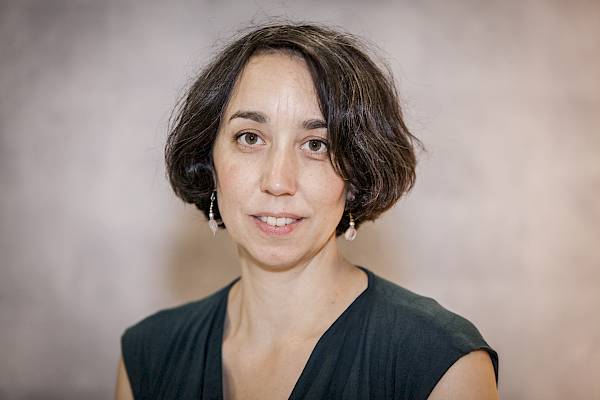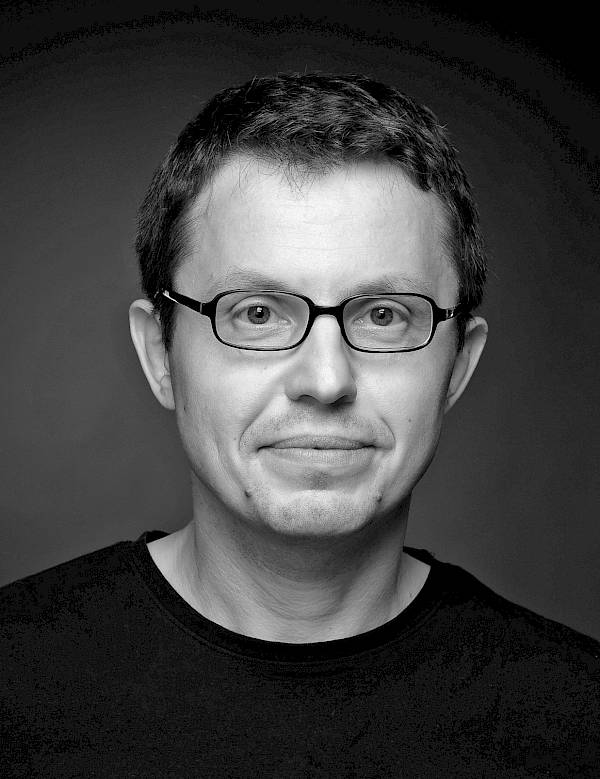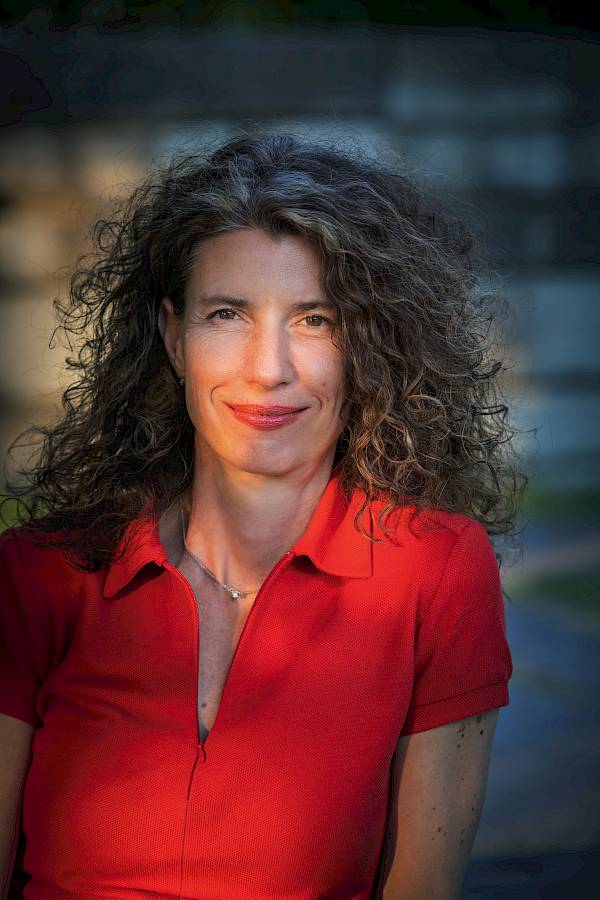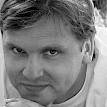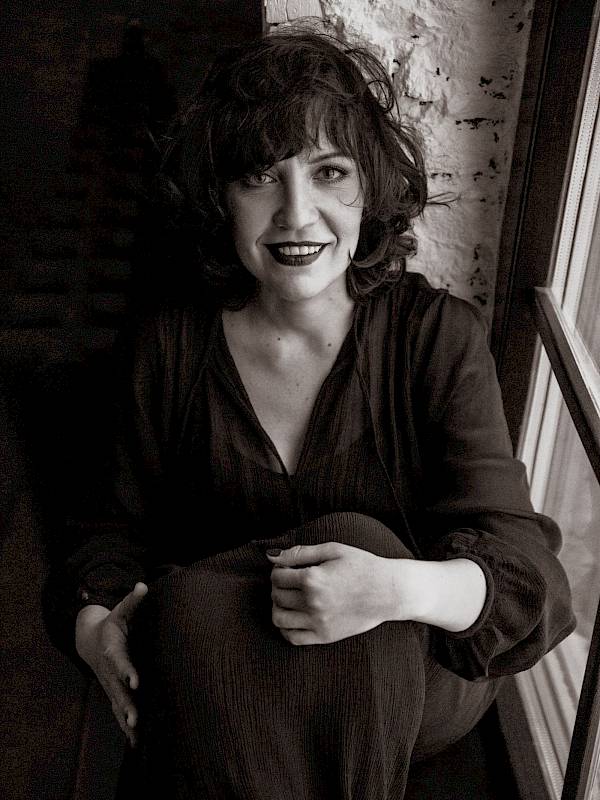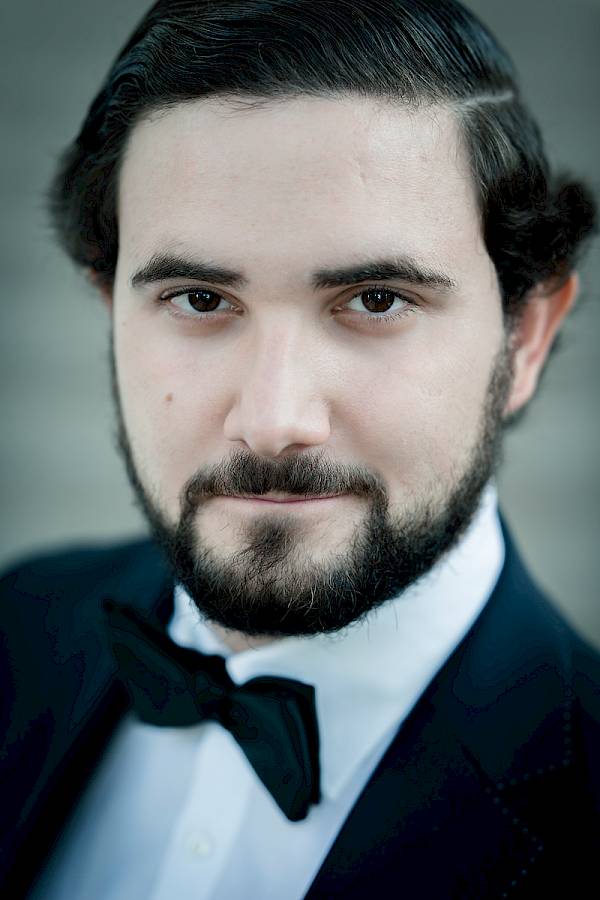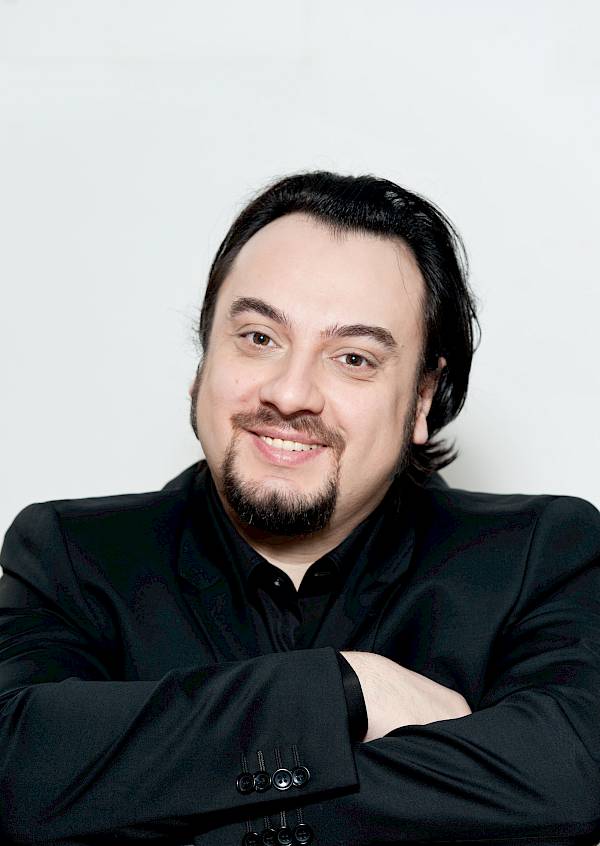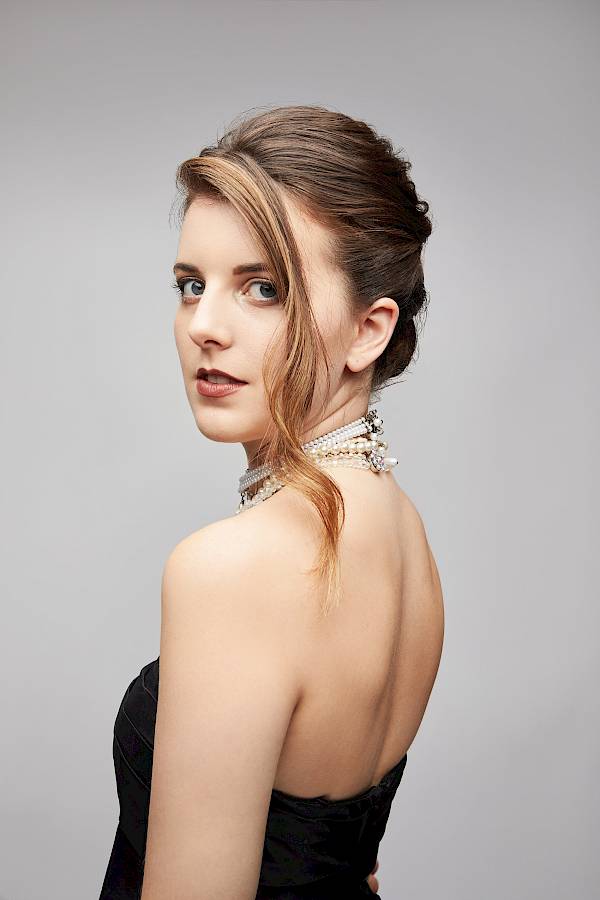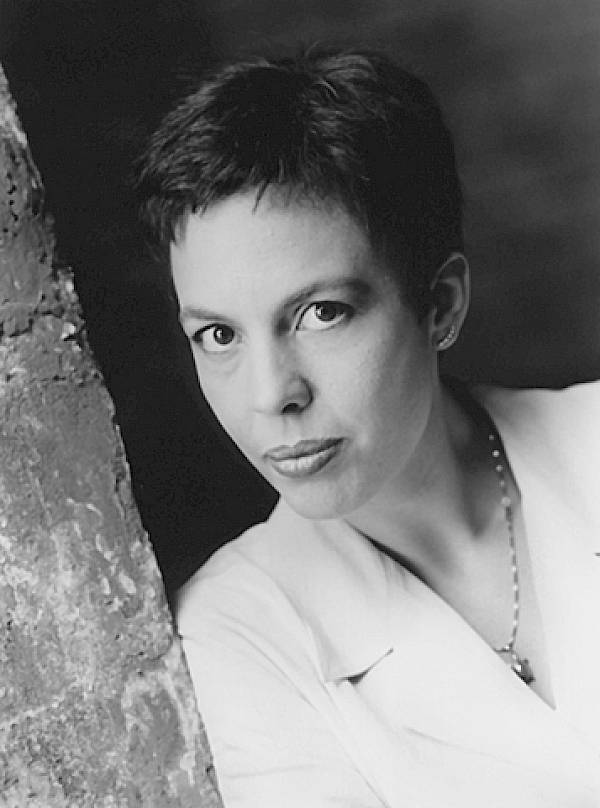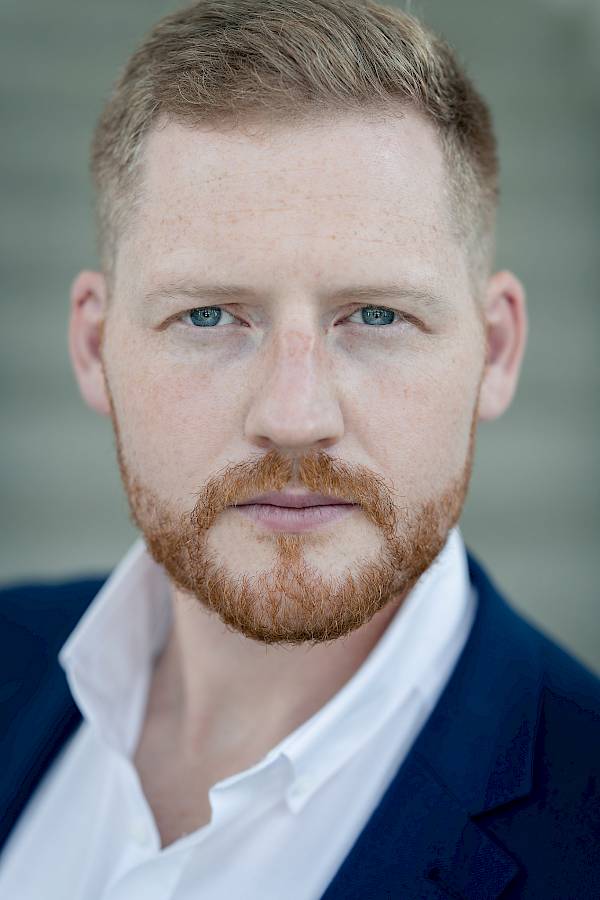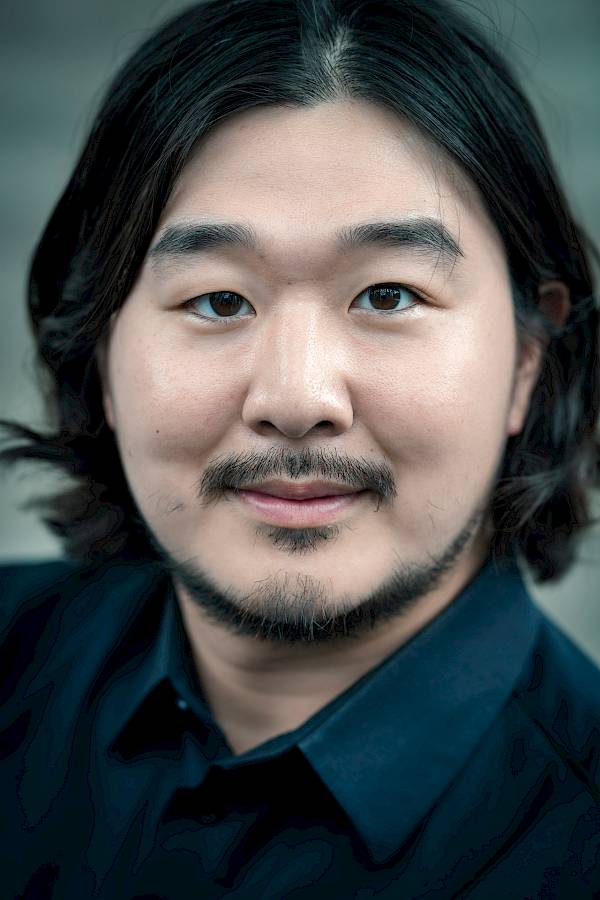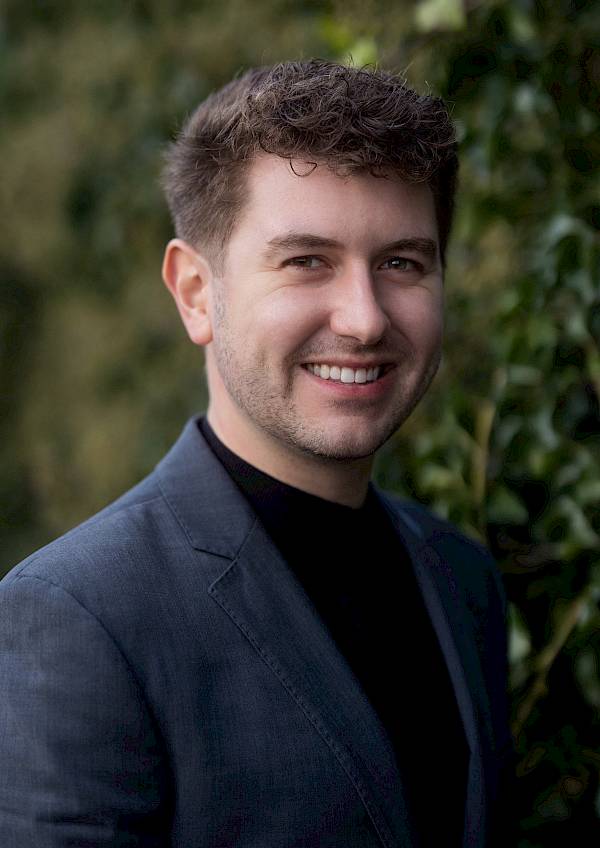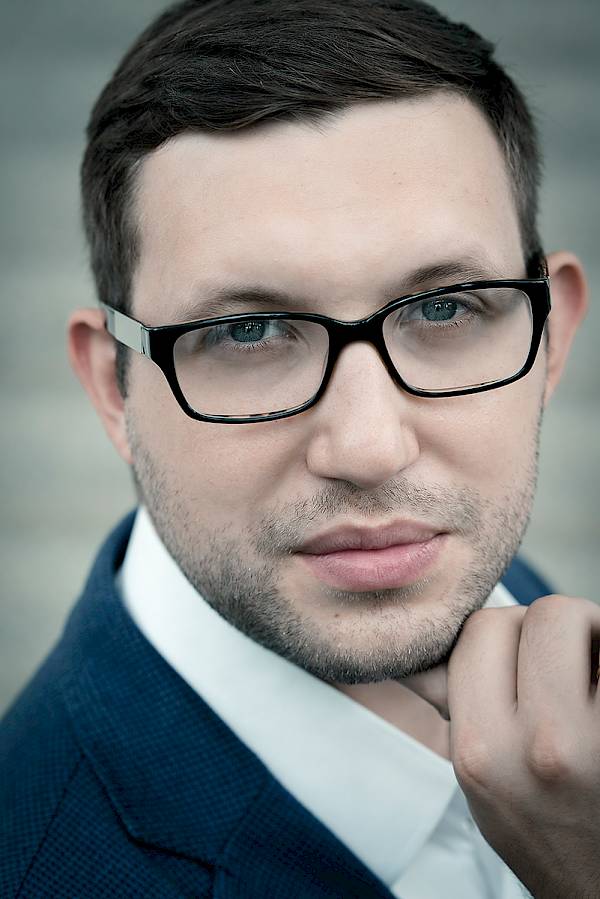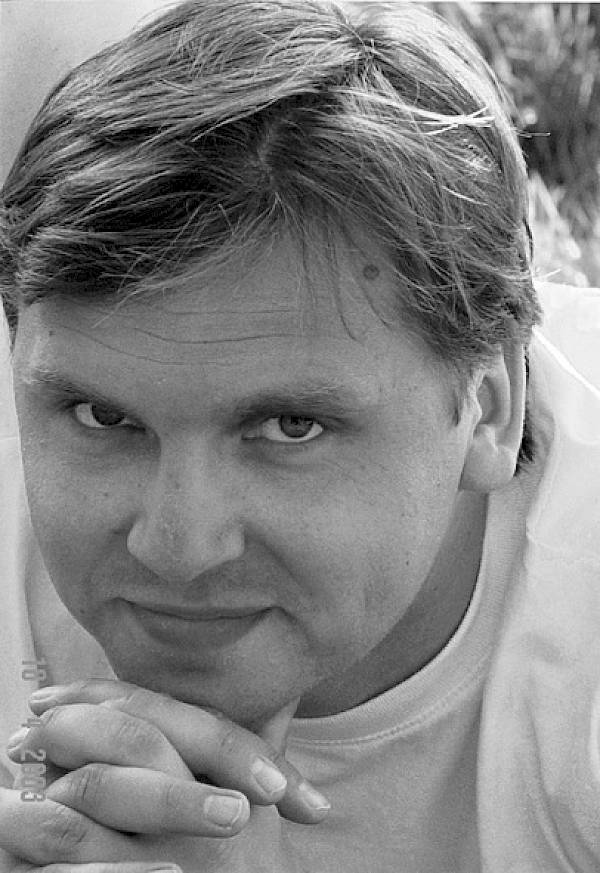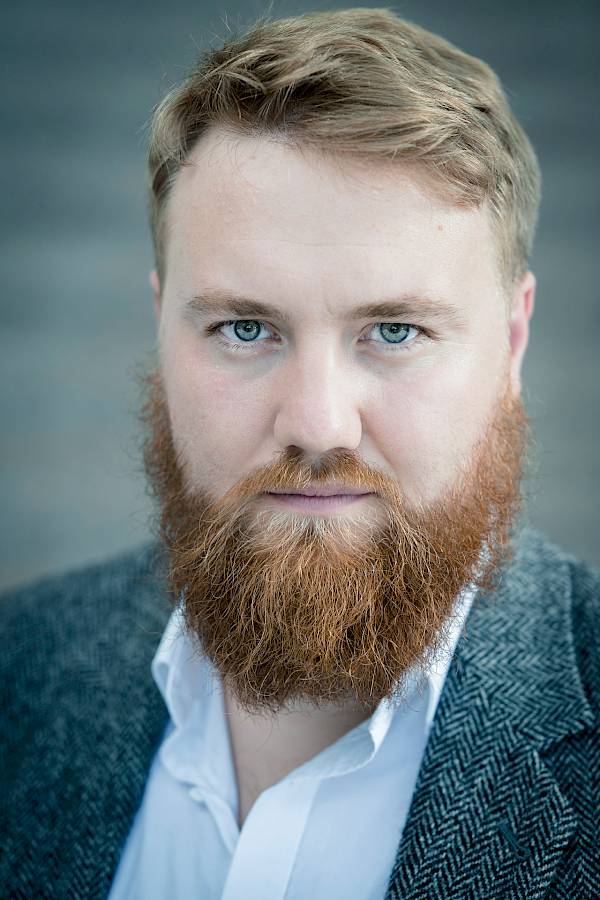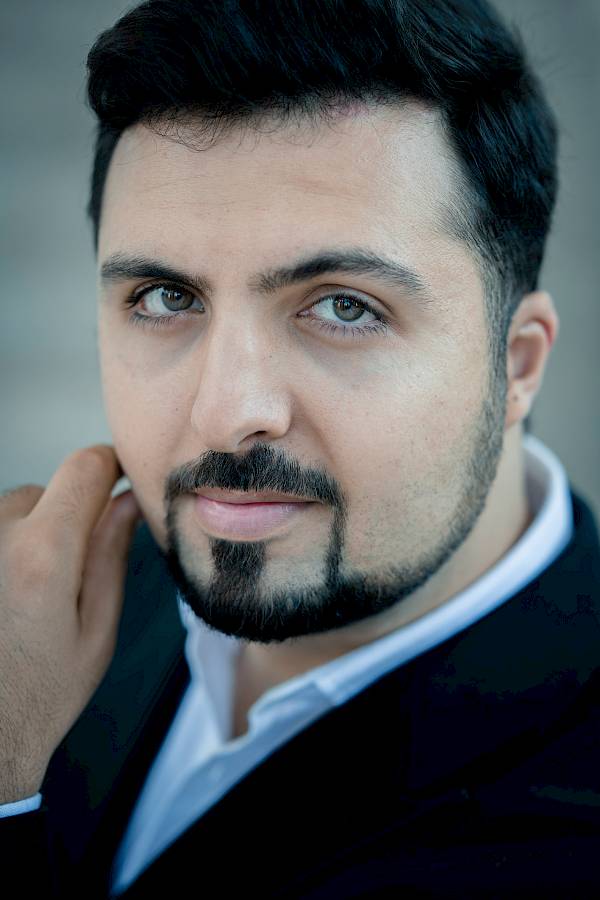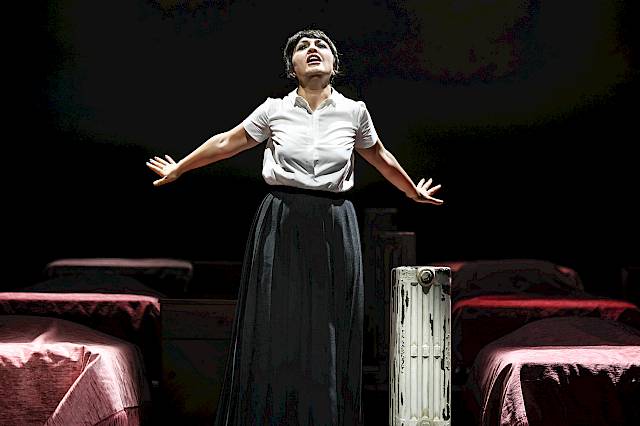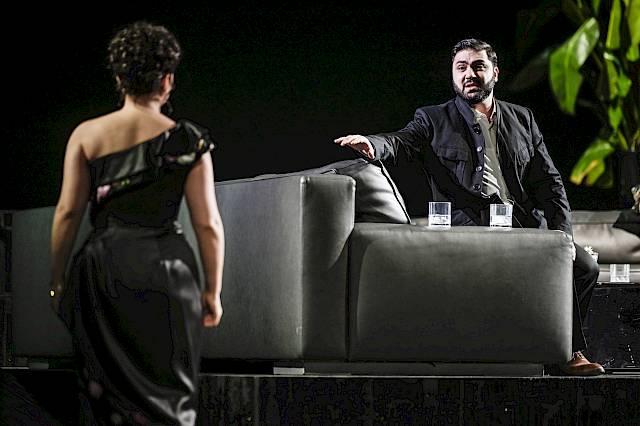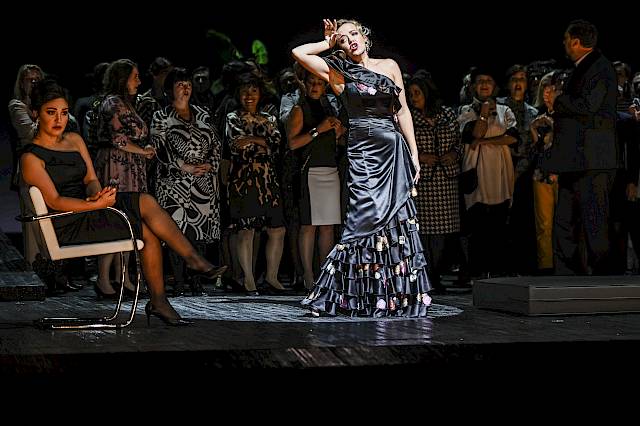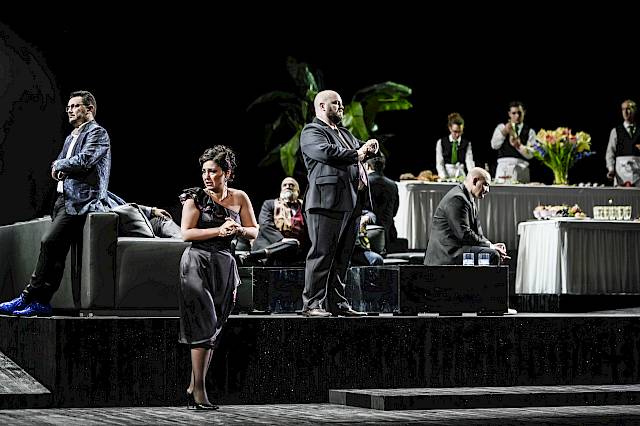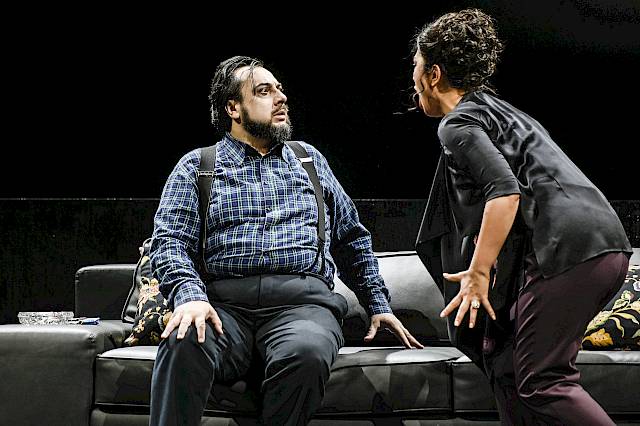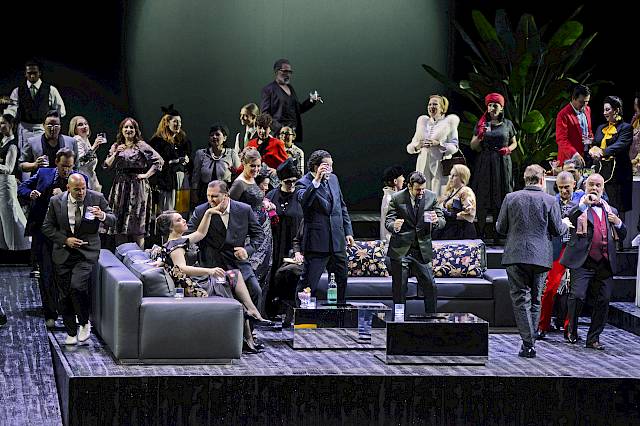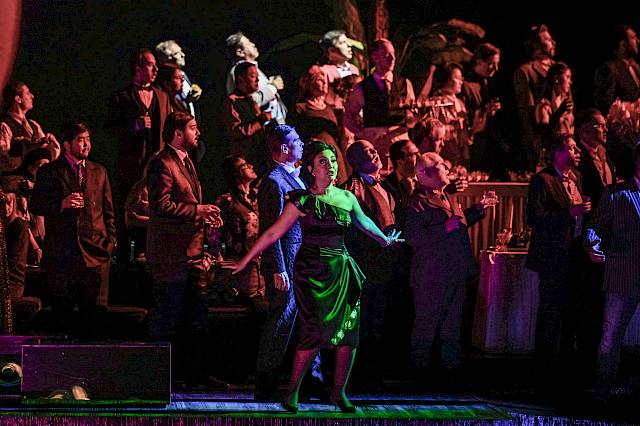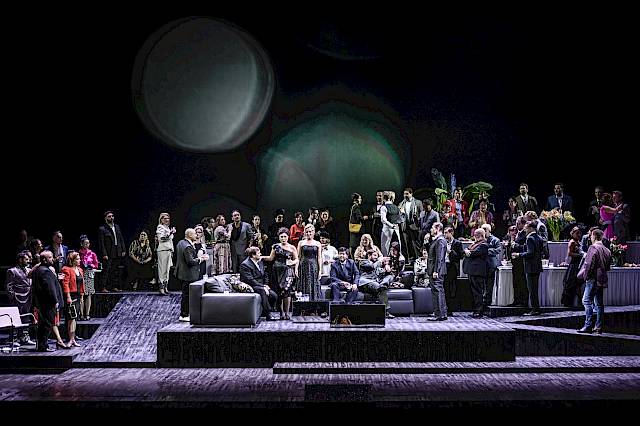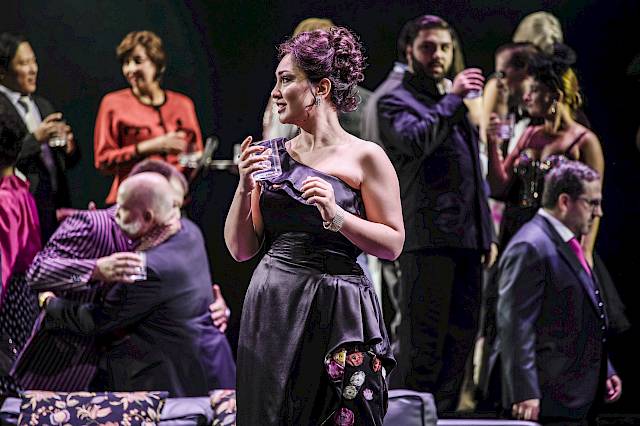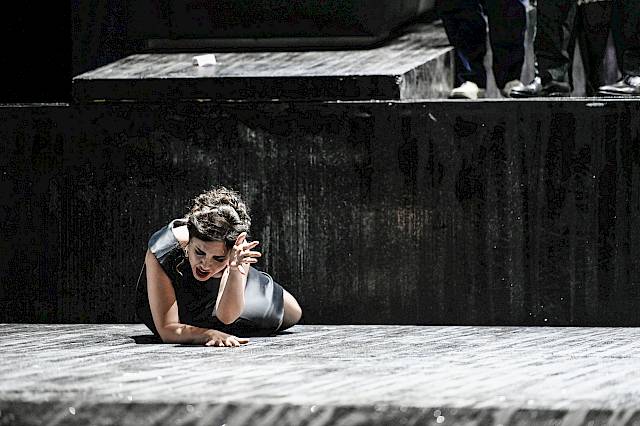Abstract
In his interpretation of Traviata, director David Hermann elaborates on the sketch about the downfall of the noble courtesan, interpreting it as a portrait study of a modern-day high-class escort, ground down by the machinery of our competitive meritocracy. Set in a cold, bleak landscape consisting of black leather seats and platforms, what is private is no longer distinguishable from what is public. In choosing such subject matter, shockingly realistic and critical for its time, Giuseppe Verdi was already aiming for a perspective that reflected our present day. David Hermann’s production does the same: it deals with our hedonistic desire for freedom and modern compulsion for self-optimization.
In this revival, Russian soprano Nadezhda Pavlova – who was awarded the Golden Mask, Russia’s highest theater prize, for her interpretation of Violetta at the Bolshoi Theater in Moscow – will be heard for the first time in Zurich. At the podium of the Philharmonia Zürich is Francesco Ivan Ciampa, a proven specialist in Italian repertoire.
Beautiful, clever, and universally desired, but mortally ill, Violetta Valéry lives as a noble courtesan, existing in the thrill of the moment. She does not allow herself genuine feelings and believes that true love is but an illusion. Until, that is, she encounters Alfredo one day. That’s when he resolves to go far away from the hedonistic Parisian society she knows and start a new life with him. Her past catches up with her when Alfredo’s father Giorgio Germont demands the two separate, in an effort to save the family’s good name and rescue the impending marriage of Alfredo’s sister. Violetta leaves Alfredo, briefly returning to her old life. But she soon falls gravely ill. «Amore e morte» – Love and Death – was originally meant to be La traviata’s title, and it is between those two poles that Violetta’s tragic story takes place. The love she dreams of remains but a utopian fantasy; it can only fail in the face of society’s values. Only Verdi’s music, with its transcendent power, can point to a better, more humane life.


